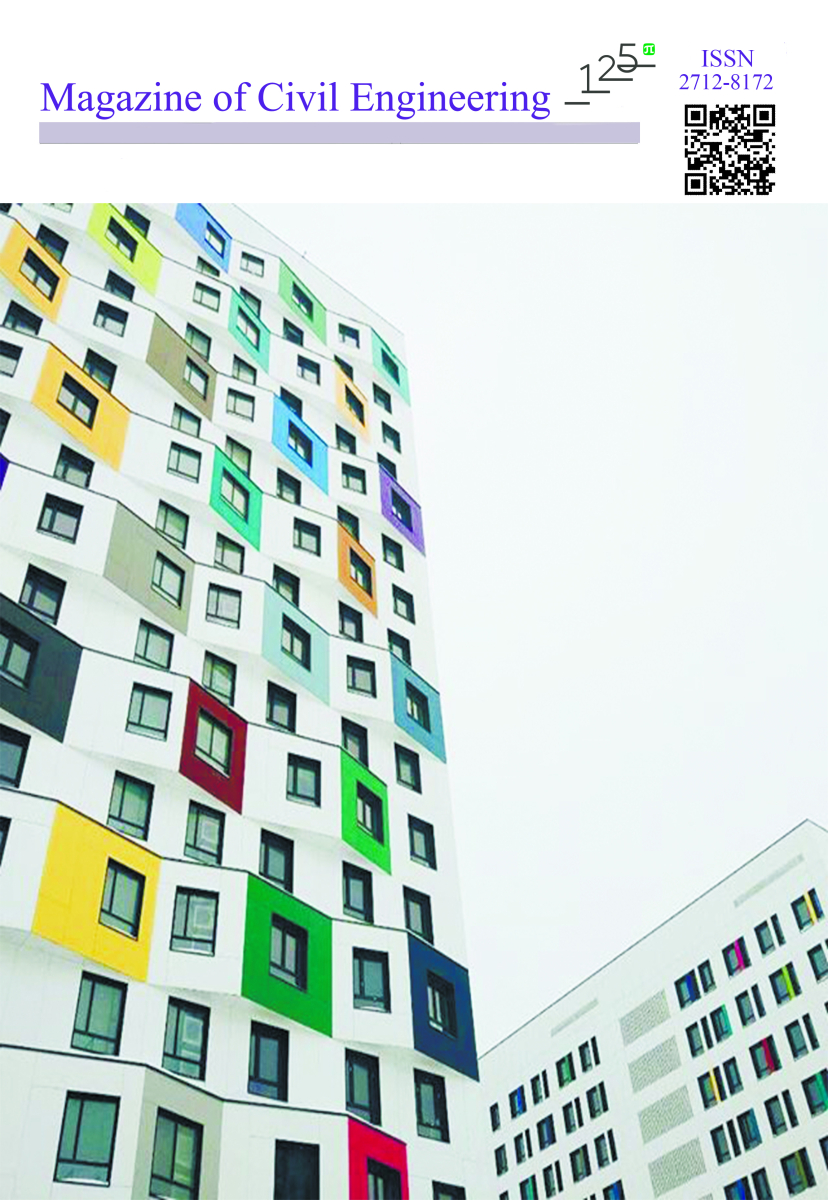Resistance of cement stone in sanitation solutions
Biological corrosion is a type of effect that influences almost all possible construction projects. The primary measures for its prevention include sanitary and preventive work carried out using various chemicals. The shortcoming of buildings chemical treatment is the degradation effect on building composites with a significant reduction in the life of structures. The subject of the study was presented by the aggressive effect degree of sanitation treatment on various compositions of cement stone assessment. During the research Portland cement and aluminous cement, samples were exposed in two mediums – reagent solution (experimental medium) and tap water (control medium). The degree of medium influence on the cement stone samples was estimated according to the data on the main physic and chemical parameters of the process and phase-structural transformations of the stone after aging in an aggressive environment. There was an increase in the strength of samples after 6 months of exposure both for Portland cement stone and aluminous cement stone compared to the samples aged in pure water and original samples without exposure that showed the absence of the degradation effect of decontamination solution on the cement stone. The increase in the strength of materials occurred due to the intensification of carbonization processes in the sanitation agent medium resulting in the mud injection of pores and voids due to the crystallization of insoluble calcium carbonates. It was confirmed by the compaction of the micro-structure of cement stone expressed by the increase in the mass of samples and the total concentration of carbonate compounds in the volume of the material after 6 months of exposure.


